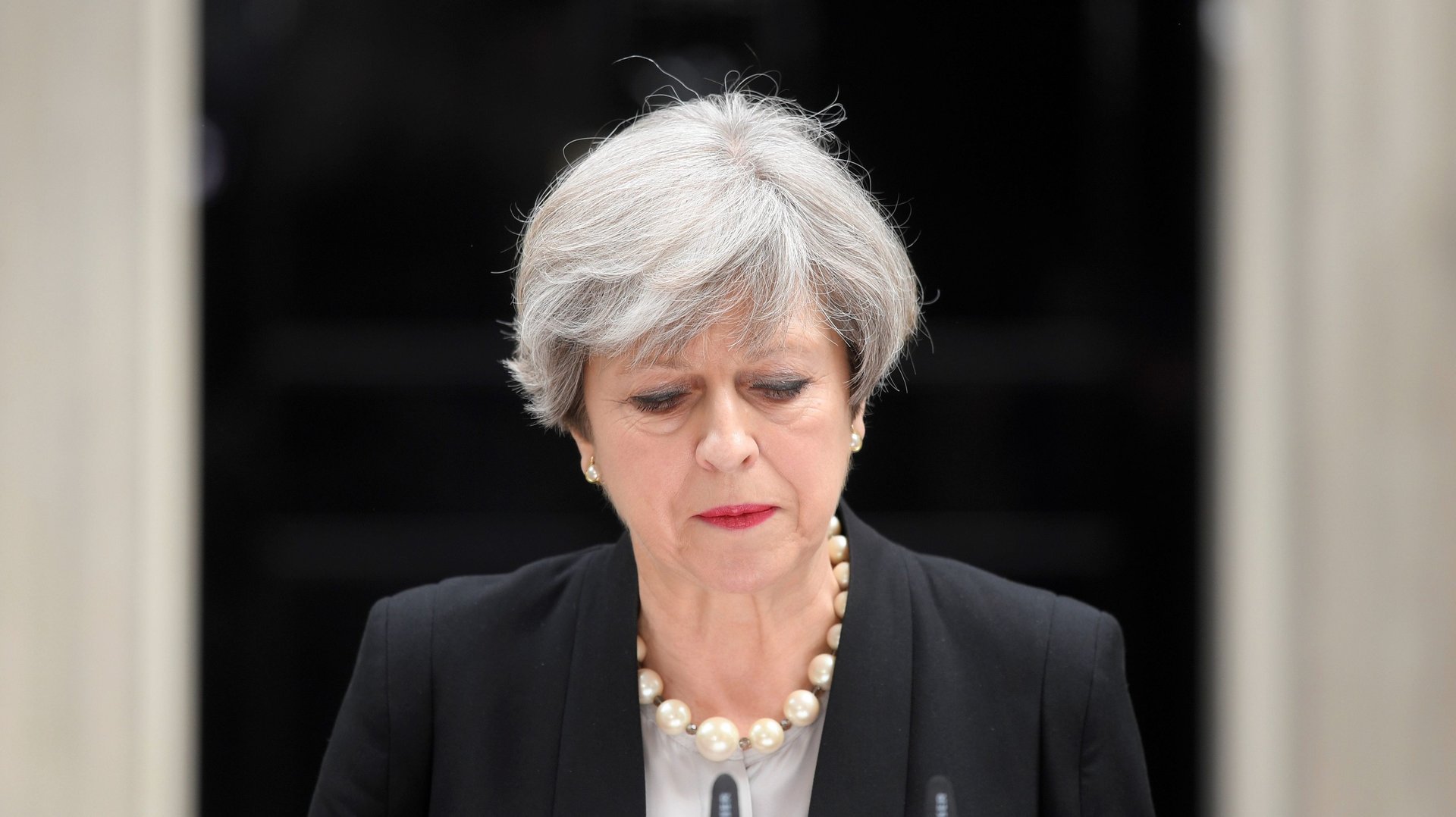Political bigwigs say Britain is on course to leave the EU without a deal
The prospect of Britain leaving the European Union without any trade deals in place was once considered a horrendous but unlikely eventuality. Now, high profile figures on both side of the debate say that come March 29, 2019, a no-deal Brexit is more likely than not.


The prospect of Britain leaving the European Union without any trade deals in place was once considered a horrendous but unlikely eventuality. Now, high profile figures on both side of the debate say that come March 29, 2019, a no-deal Brexit is more likely than not.
In an interview with The Sunday Times today, Brexiteer and international trade secretary Liam Fox put the odds of Britain crashing out the EU at a “certainly not much more than 60-40.” Earlier this week, Bank of England governor Mark Carney, who cannot officially campaign either way but is widely perceived as pro-Remainer, also said the odds of a no-deal are “uncomfortably high.”
The implications are worrying for everyone in the EU, but especially for the UK. Though prime minister Theresa May sounded confident when she broached the subject last year, stating “No deal for Britain would be better than a bad deal,” the data doesn’t support this claim. May’s confidence was widely seen as an attempt to scare the EU about the prospect of a no-deal Brexit and galvanize them into agreeing to Britain’s terms.
In truth, the UK has by far the most to lose. According to an analysis by the International Monetary Fund, both the UK and Ireland would see GDP declines of almost 4% by 2030 if Britain reverts to World Trade Organization rules with the EU after leaving next year. Meanwhile, the EU as a whole could expect to see a 1.5% drop in economic growth over the same period. According to the UK government’s own leaked analysis (paywall), Brexit will leave the UK worse off in any scenario—but no deal would be the biggest hit on the economy.